We’re excited to introduce you to the always interesting and insightful Kent Dahlgren. We hope you’ll enjoy our conversation with Kent below.
Hi Kent, thanks for joining us today. What sort of legacy are you hoping to build. What do you think people will say about you after you are gone, what do you hope to be remembered for?
I believe that magic occurs when people transform their grief into a gift that elevates the well-being of others, and I aspire to deliver experiences that inform the stories my children tell about themselves long after I’m gone.
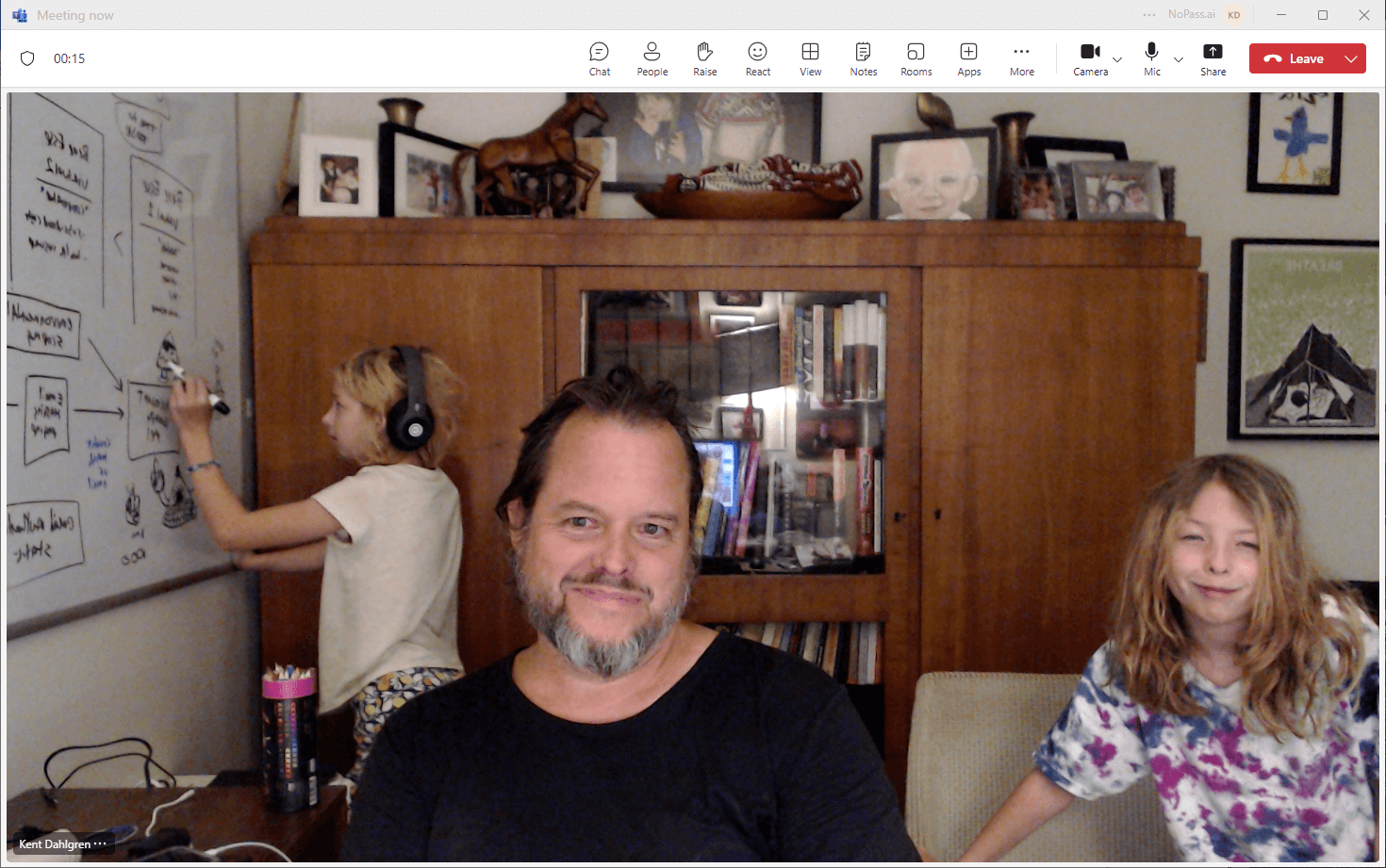
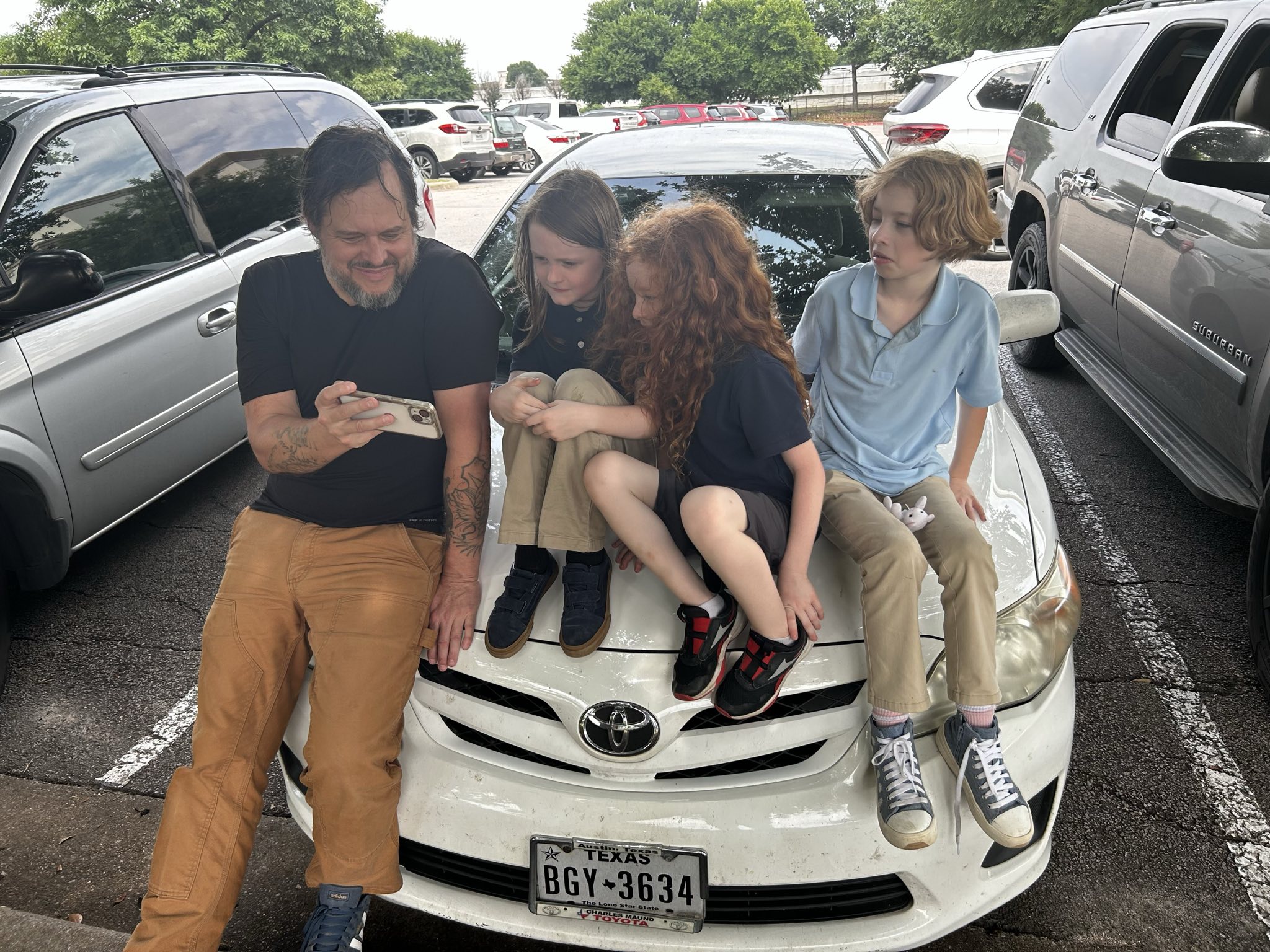
Great, appreciate you sharing that with us. Before we ask you to share more of your insights, can you take a moment to introduce yourself and how you got to where you are today to our readers.
Problem:
There’s no shortage of great ideas from those who would like to “change the channel” away from the same old “doom and gloom,” but these people are often lacking proper support to sustain an amplification of their “good news,” due to the same old constraints.
And they believe they need “money” (actually: capital) to be successful, which is both true and insufficiently nuanced to be effective; without a culture of stewardship, an infusion of capital will destroy a promising enterprise from within.
In my 40+ years of community advocacy (skateboarding), and in my 35+ years in the professional domain (product development), I’ve learned a few things about what it takes to create and sustain a platform of support that enables people with good ideas to succeed.
Indeed, in 2017 I was CTO for a company in Amsterdam, building tools for self-governance for stateless populations, inclusive to Palestinians, Rohingya, Syrians, and many others. It’s not just that the people need resources; they often lack the knowledge and experience to properly structure their operations in alignment with research and industry best practices.
And to that end: money (capital) doesn’t always solve problems, indeed in my substantial experience: money (capital) introduces a whole new set of problems and opportunities, many of them with greater complexity.
To successfully navigate these waters, I left professional domain in 2018 to create my small software company, designed and positioned to serve as something of a “starter yeast” to bring forth others of a like-minded belief in servant leadership, stewardship, and “behind the scenes” leadership sufficient to find those with great ideas and support them so they can succeed.
Solution:
I began with 214 Alpha, its name derives inspiration from I James 2:14 (“faith without works is dead”).
214 Alpha delivers a self-funded platform for sustained governance, commerce, banking and more that pays for itself, keeps data in the community where it belongs, does NOT have an advertising framework, doesn’t need “the app stores” to be distributed, and is delivered using the name of the community, NOT us.
In short: the app features a job creation capability that generates a fee-based revenue model that’s retained by my customers, enabling them to turn their endeavor into a profit center, using a tech stack that more than pays for itself.
Building upon that: Bene Esse (a collaboration with solution consultancy Future Story Lab, founded by PwC alum Ruth Glendinning), is an extended set of franchise business models that enable a real world community to sustain itself by activating small scale “makers and doers” rather than rely upon large institutional partners. As a franchise prototype “white label” model, Bene Esse can be “copied and pasted” elsewhere, as needed.
Terra Global Developments is the developer that guides clients through the process of defining a business model, structuring the SPV, securing funding, building the actual community infrastructure, delivering renewables, wellness, education, job creation, art, food-as-health, and so on. I’m co-founder of Terra Global Developments, working with a number of others who have successfully stewarded their “great ideas” forward, including a “Farming Ecology Center” (David Flamm’s brainchild), which serves as an engine for economic development that merges food and wellness to workforce development – a perfect solution for what the US Census Bureau and McKinsey Company describes as “a nation of small towns” (the US).
Finally, “TerraCores” is the package we use to bundle it all together for easy consumption – a holistic model for community, built around a minimally-viable community unit of about 5-7 multi-generational domiciles.
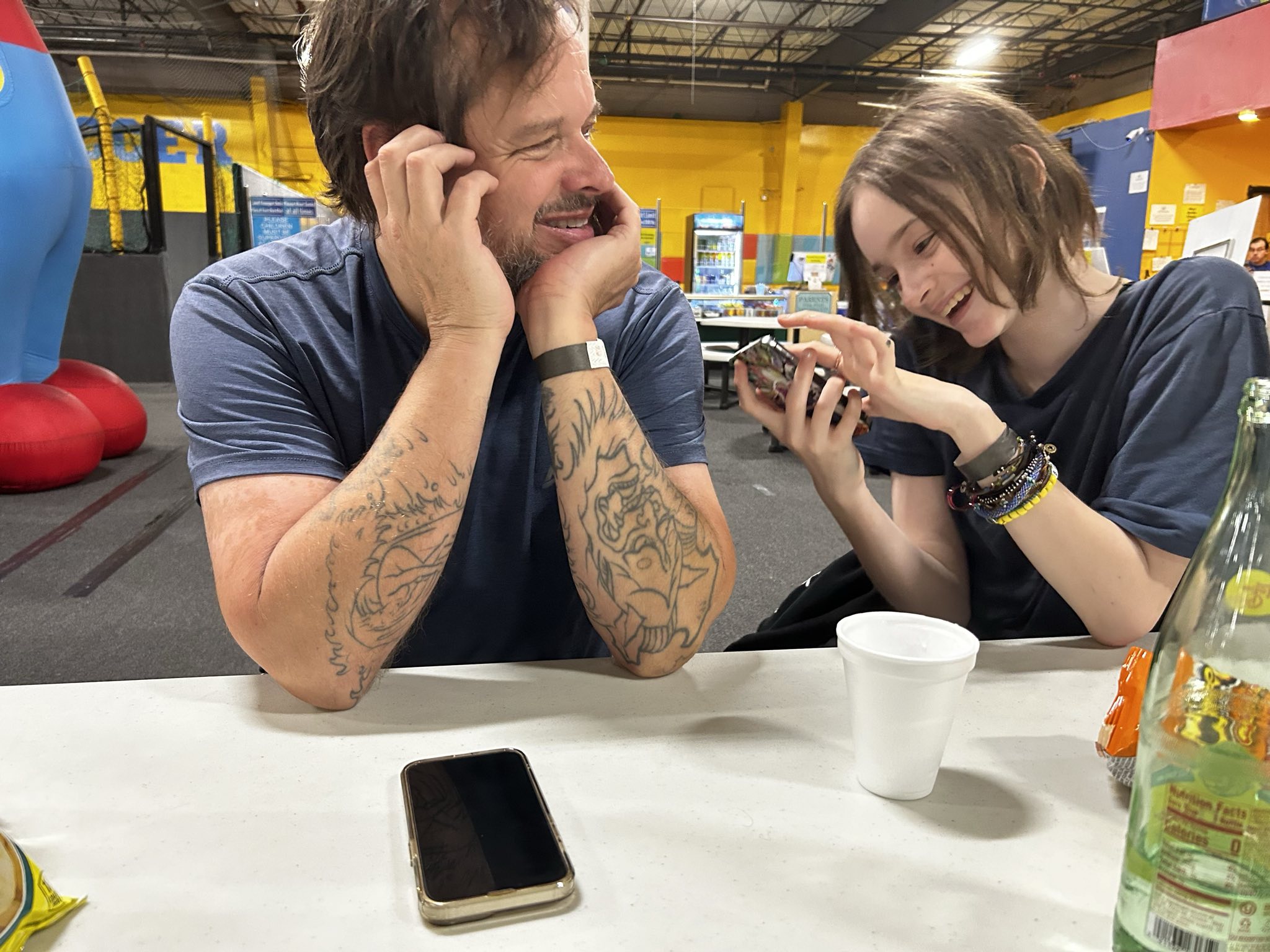
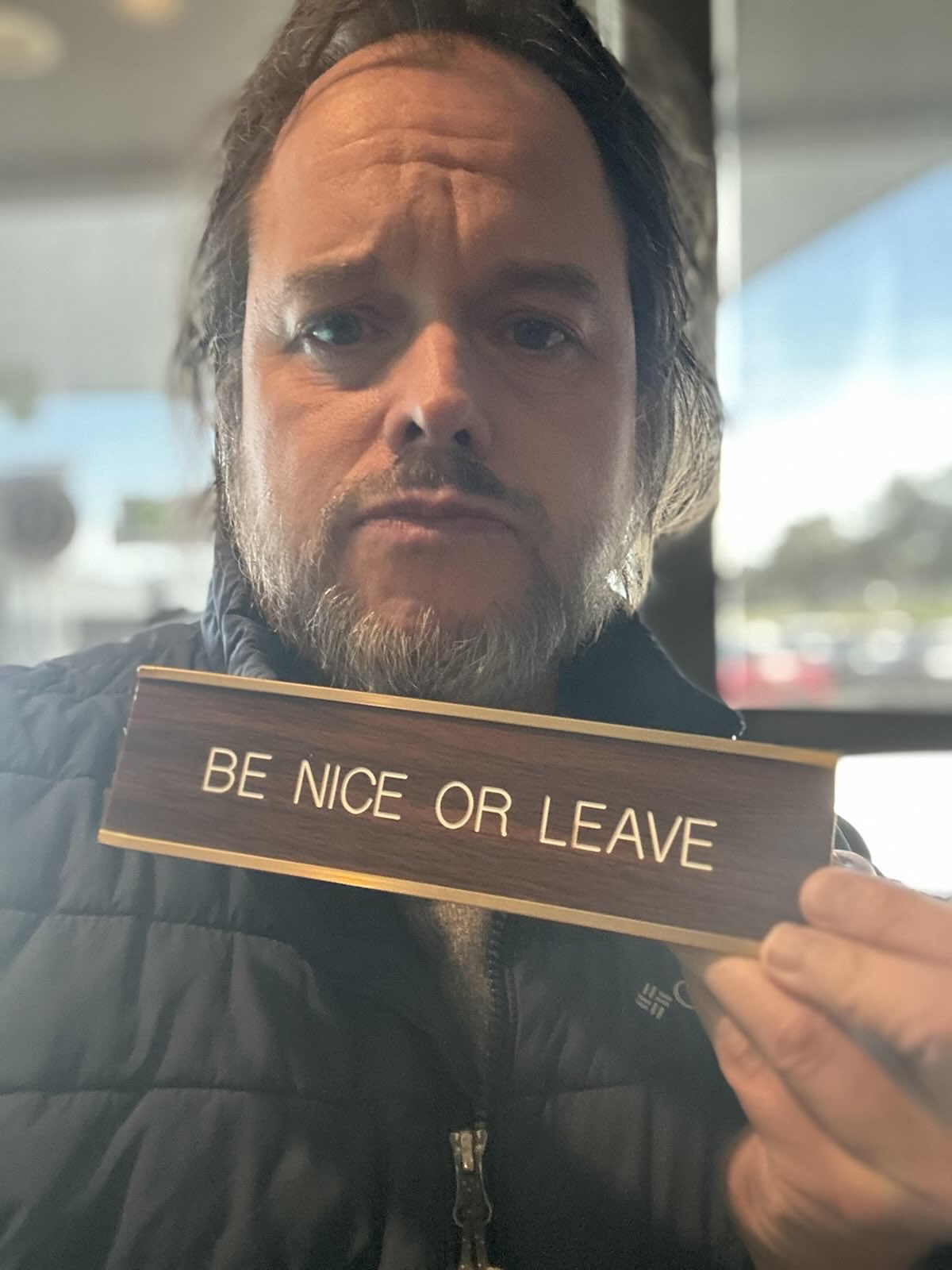
Any advice for managing a team?
You will frequently hear me use the “potluck” metaphor, because (A) everyone likes to eat delicious food and (B) it’s a fantastic example of a well-functioning collaboration, focused upon a shared outcome.
“Let’s celebrate a turkey dinner in July!”
A Thanksgiving-themed dinner is fun because the food itself is less expensive than many realize, and it’s a quirky thing to do in the summertime, especially in summer, when people here in Central Texas are still hiding from the sun, and are secretly pining for fall.
I’ll offer our home, and with this invitation: the shared use of our kitchen, but here’s a caveat: the home is about 50 years old, so the kitchen is small, there’s only one oven, and there’s 3 1/2 working burners on an old range.
And so in order for this meal to be successful, we have to coordinate our individual contribution, calibrated to the constraints of space, time, and portion, considerate of our guests’ various food and dietary constraints.
The masters of this endeavor are those who deftly dance among one another in the old kitchen, and I use the word “dance” on purpose because it’s a perfect metaphor for conversations that should be productive instead of argumentative.
In the “Metaphors We Live By,” (a classic book on linguistics by George Lakoff and Mark Johnson), it’s discussed how modern language reconciles arguments to the metaphor of warfare, which is why we never seem to “win” arguments for as long as we believe we are forced to “defend our position” or attacking opponents’ ideas, and ultimately seeking to “win” or “lose” arguments as if they were battles.
But they are not. We are not. That’s not how we function as a team, or is it how we function as a company.
We are “dancing in Kent’s old kitchen around his crappy old stove) because we are joined together in an event of love, aspiring to share a delicious meal, and that requires that we work together on delivering a shared outcome.
I believe in an authentic spirit of attribution and reciprocity; people should receive praise and reward for their creativity and hard work, and they should be rewarded in ways that transcend the value of money.
Every one of us have worked with and for people who go above and beyond, and it’s not because they are getting paid for it; they are doing it because they love the people they work with and the work they do.
These are among the more nuanced considerations alluded to in my prior statement regarding why those with good ideas are not always properly supported; there’s such a thing as a form of money (capital) that boasts a greater “buying power” than cash, and in our work with PwC alum Ruth Glendinning, we’ve reconciled this to a holistic and full-spectrum ledger of both hard and soft capital.
Forms of soft capital include trust, attention, relationships, wisdom, and other forms that absolutely cannot be authentically purchased with money, and this is how we curate a culture of high morale and highly responsible stewardship that defies traditional explanation.
The company becomes a shared social contract, where each member of the team believes the best way for them to deliver their unique “idea for a great meal” is by working with their team mates in our little kitchen.
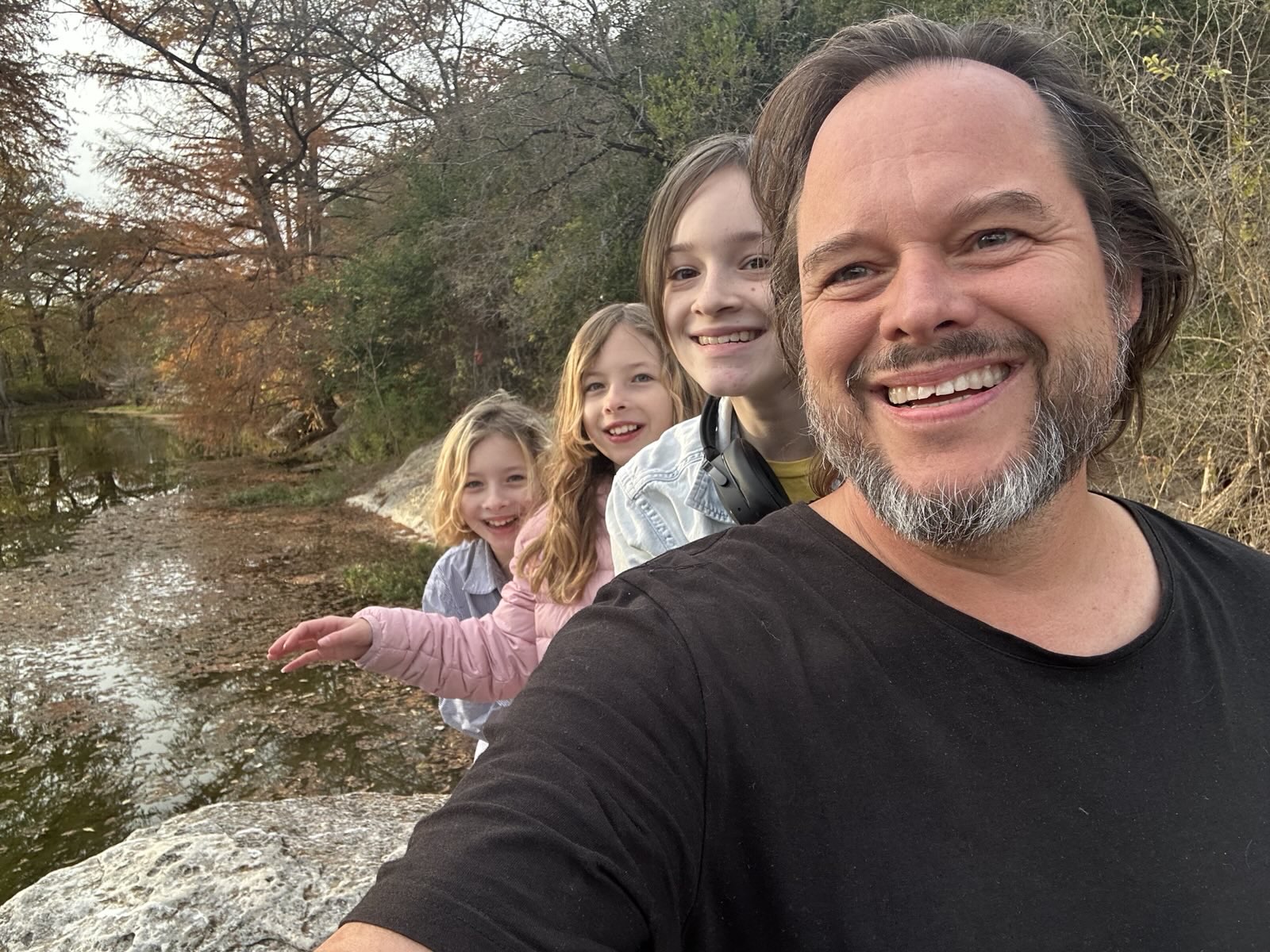
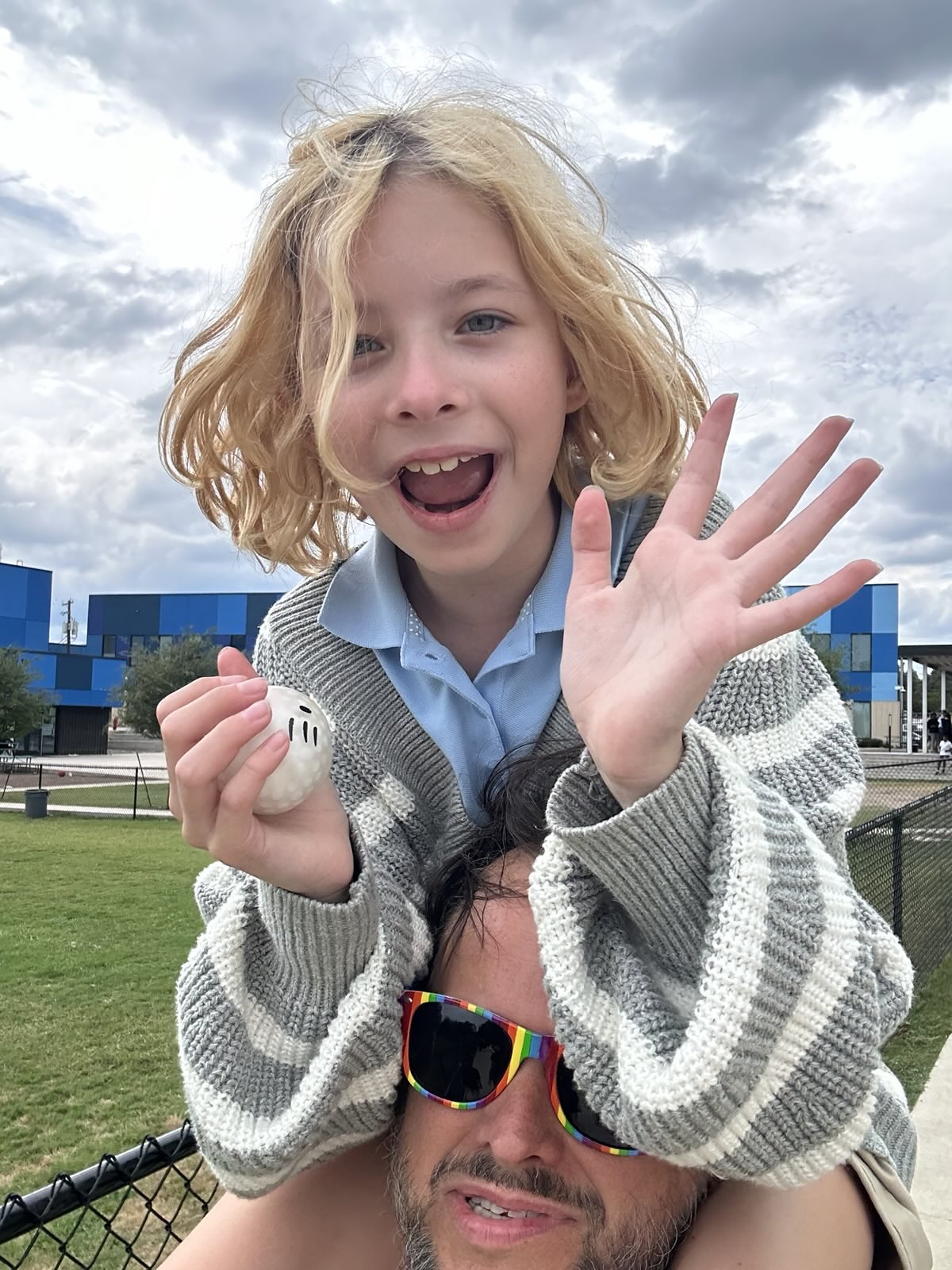
How’d you meet your business partner?
At the time (2017) I was CTO for a company based in Amsterdam, and I was added to a private group that aspired to deliver a serpent worship cult built around the public’s irrational faith in AI.
There’s a lot I could say about that, but for now I’ll disclose that I “look around” and noted my most excellent co-founder; a woman ten years my senior who by all appearances resembled a hippy.
Now, I’m not the biggest fan of hippies, but as the guy who was hired to design the AI “basilisk” that would “someday spark a divine sentience” enabling it to someday “reach back in time to ensure its own success,” I will say that I like hippies a lot more than I like AI-based hyperbole.
So I sent her a message and said “yo let’s talk,” and she was in Austin. I was in Portland at the time, and as soon as we got on the phone a coyote trotted directly in front of me as the crows cawed loudly overhead, and I thought: “this is perfectly normal.”
And we’ve gotten along like peas and carrots ever since.
She has zero experience in the tech industry, which I found extremely refreshing; tech people massively underestimate their importance in the grand scheme of things, forgetting that engines are beneath the hoods of automobiles for a reason (only dorks care).
Her background is the medical domain, in particular occupational therapy and healing, and I found her intelligence and out of the box (and human-centered) practicality was perfect for what I aspired to do, which is to deliver a solution for normal people instead of tech for tech guys.
I would call her nightly so I could discuss my plans to restructure my R&D software team into a profit center, because my employer at the time was spiraling towards fiscal insolvency, and over the course of weeks we settled upon a proposal that I delivered to my soon-to-be-former CEO.
And in our discussions my co-founder asked “why,” which is the most important question in the world. Why are we doing this? Why does it matter? Why is this important?
And it was in this rock tumbler collaboration she and I refined our shared proposal for saving my soon to be former employer, which would have leveraged the IP created thus far to secure paid engineering engagements, enabling the company to keep the lights on.
Unfortunately, the CEO rejected the proposal, but by then most of the company had departed due to missed payroll, so we formed 214 Alpha, and we restructured my former software team into the company we are running to this day.
That was in 2018, and our platform and our software teams have gone through four comprehensive rewrites / refreshes since, and by current engineering team are guys I originally met in the 1990’s, when I was with Tektronix / Xerox and we were first setting up software engineering in Macedonia and India.
I’m sorry to report that the aspiring serpent worship cult collapsed beneath the weight of its own hubris, although I noticed they have made another attempt to reboot the effort in the wake of modern LLMs. yawn.
Contact Info:
- Website: https://www.214alpha.com
- Linkedin: https://www.linkedin.com/in/kent-dahlgren-742a073/
- Youtube: https://www.youtube.com/@kentdahlgren
- Other: https://terraglobaldevelopments.com/

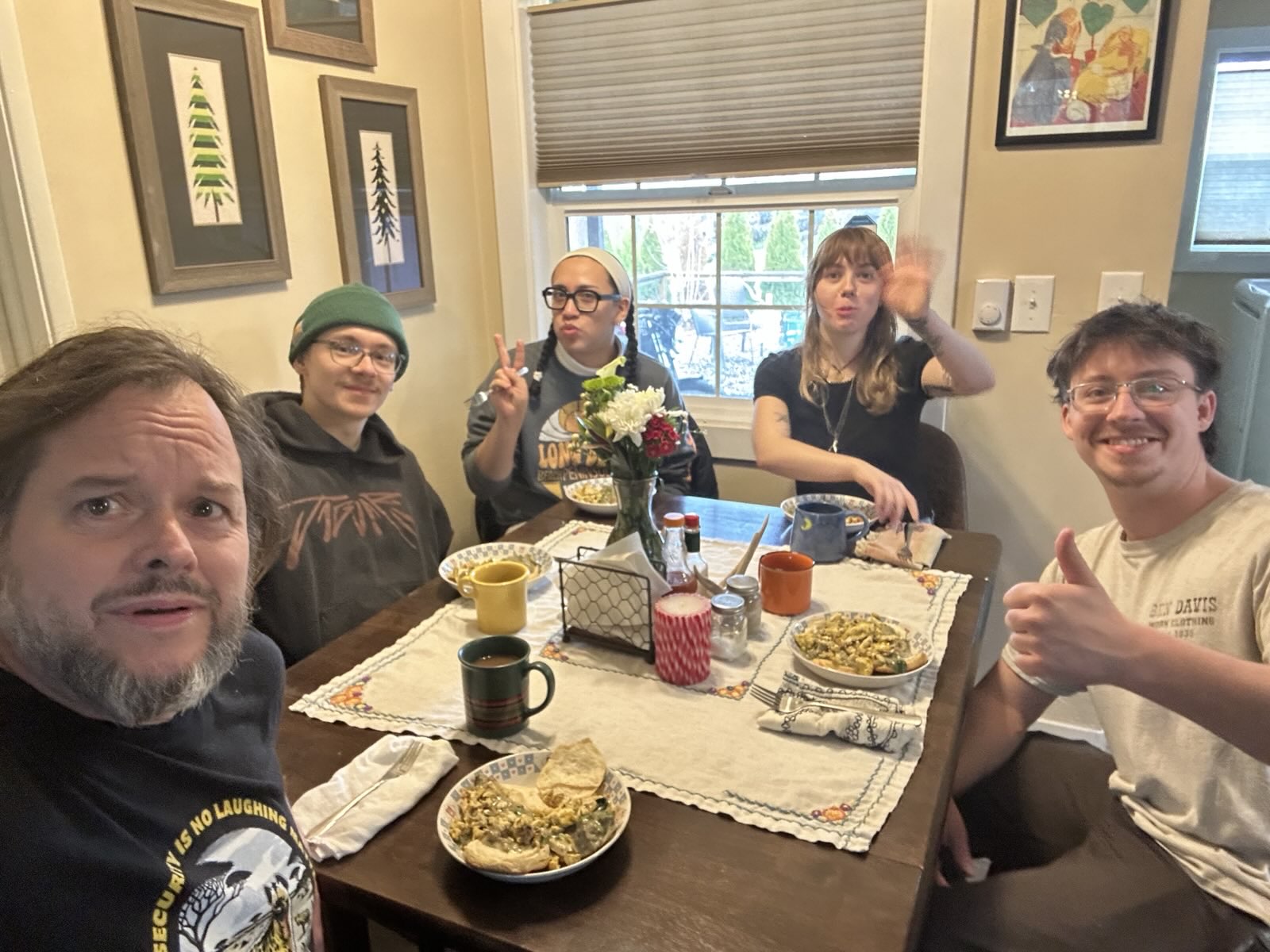
Image Credits
Photos are mine


